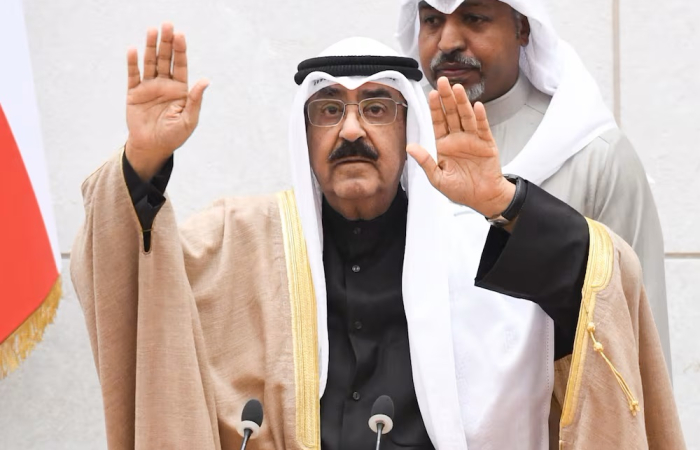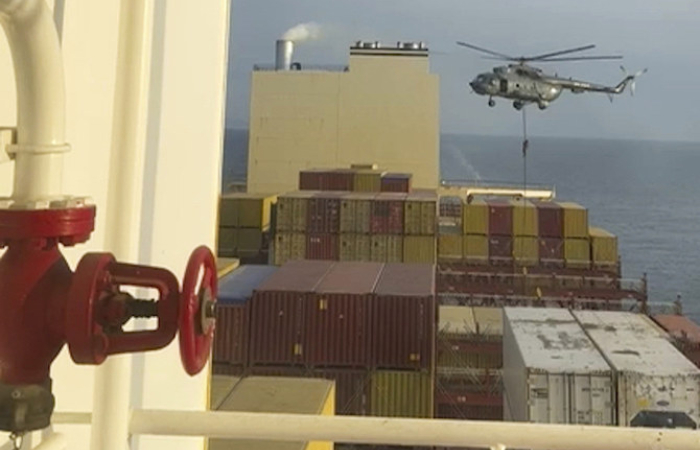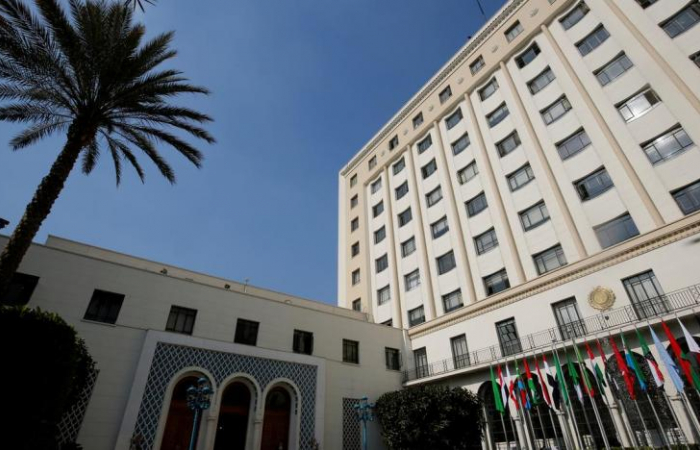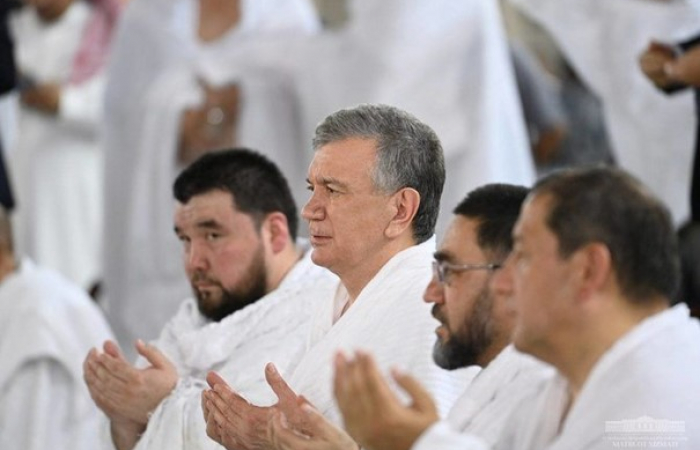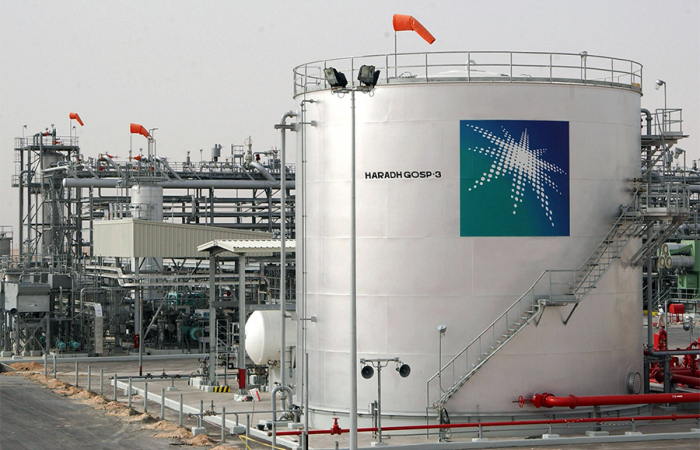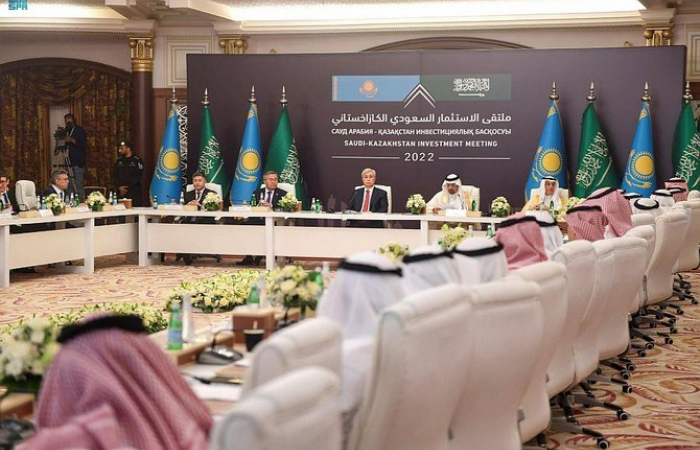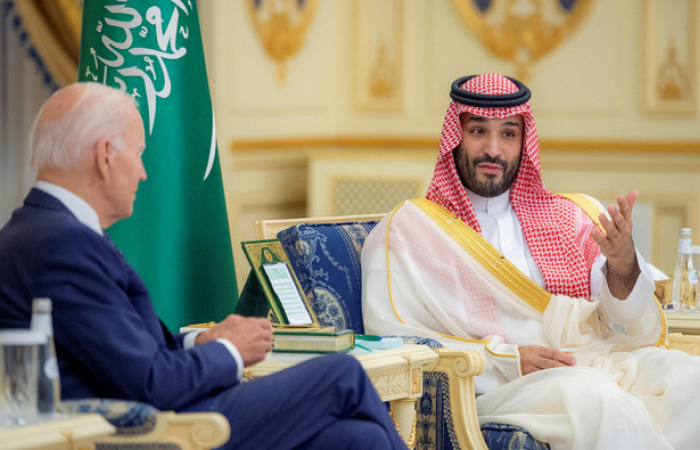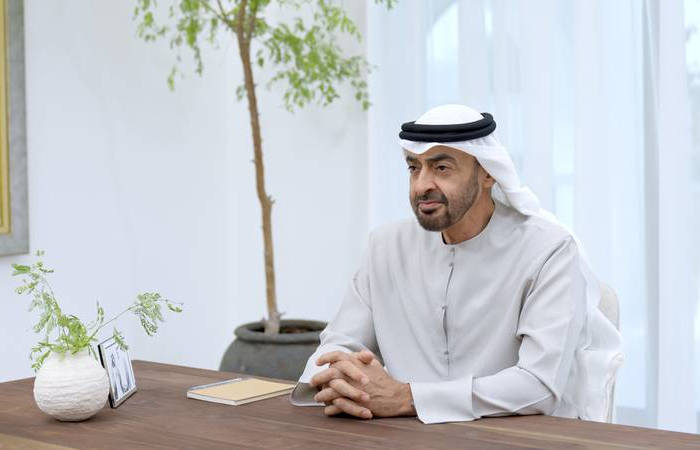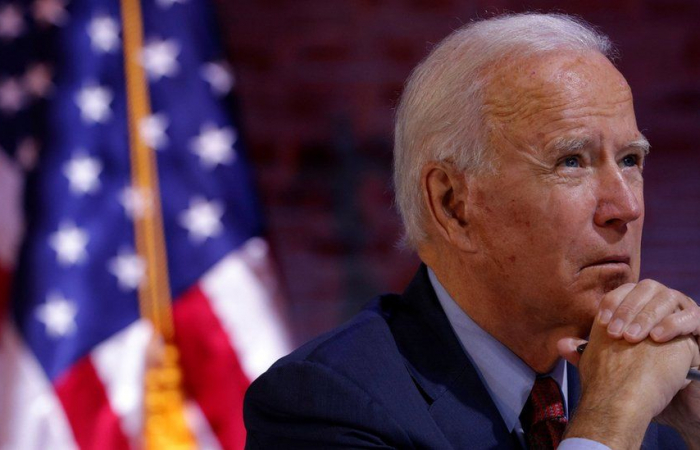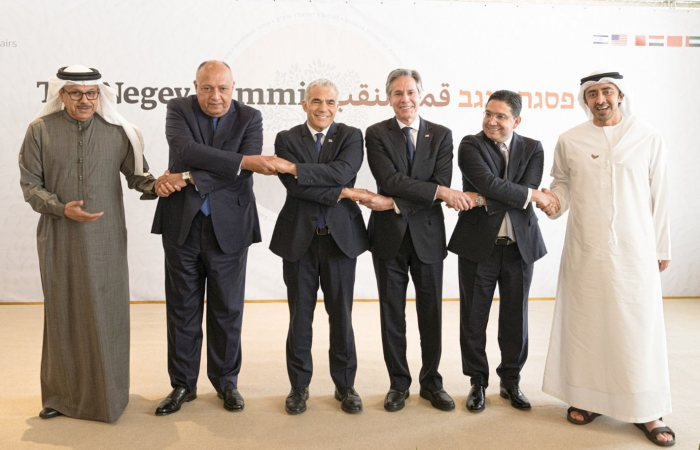Trending
In Kuwait, Emir dissolves parliament and suspends part of the Constitution
11 May 2024
Emir of Kuwait, Sheikh Meshal Al Ahmad Al Sabah has issued a decree dissolving parliament and suspending some of the articles of the constitution for “a period not exceeding four years”, after weeks of political tension following recent elections.
Speaking on television on Friday night (10 May), the Kuwaiti leader said:
“We ordered the dissolution of the National Assembly and the suspension of some articles of the constitution for a period not exceeding four years,” the Emir said in a televised speech on Friday evening.
“The recent turmoil in the Kuwaiti political scene has reached a stage where we cannot remain silent, so we must take all necessary measures to achieve the best interest of country and its people.”
During the period of suspension of the articles of the constitution, all aspects of the democratic process will be studied, the Emir said.
The powers of the National Assembly will be assumed by the Emir and the country's cabinet, state TV reported.
“Kuwait has been through some hard times lately … which leaves no room for hesitation or delay in making the difficult decision to save the country and secure its highest interests,” the Emir added.
The Gulf country held its fourth elections in as many years last month, with 39 of the 46 members from the previous parliament retaining their seats.



